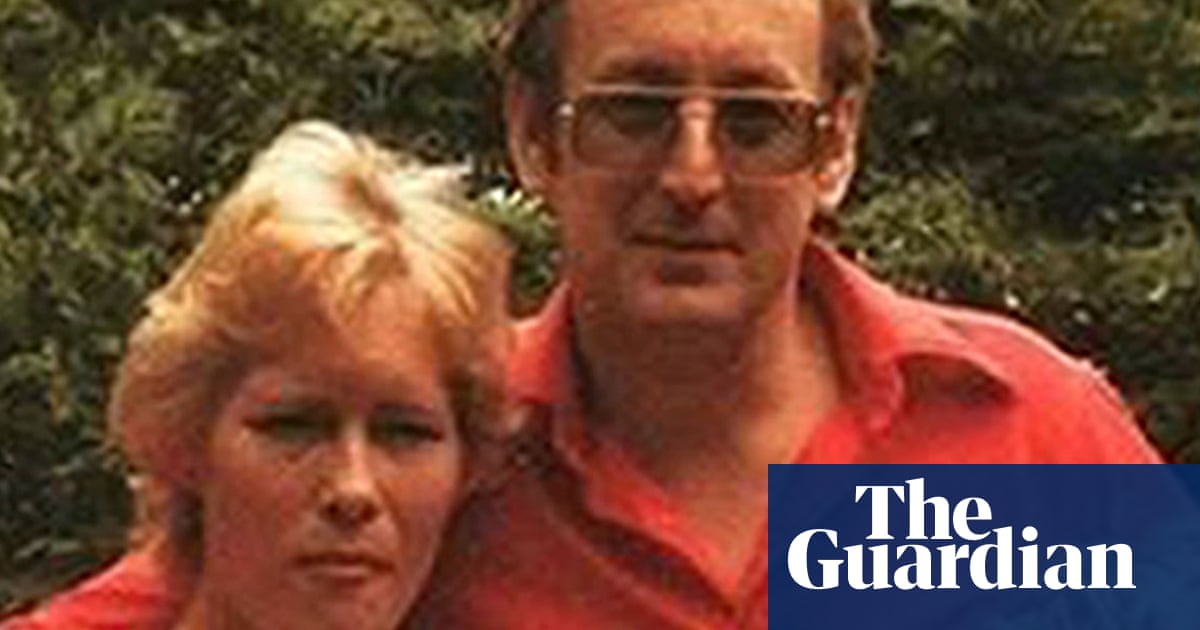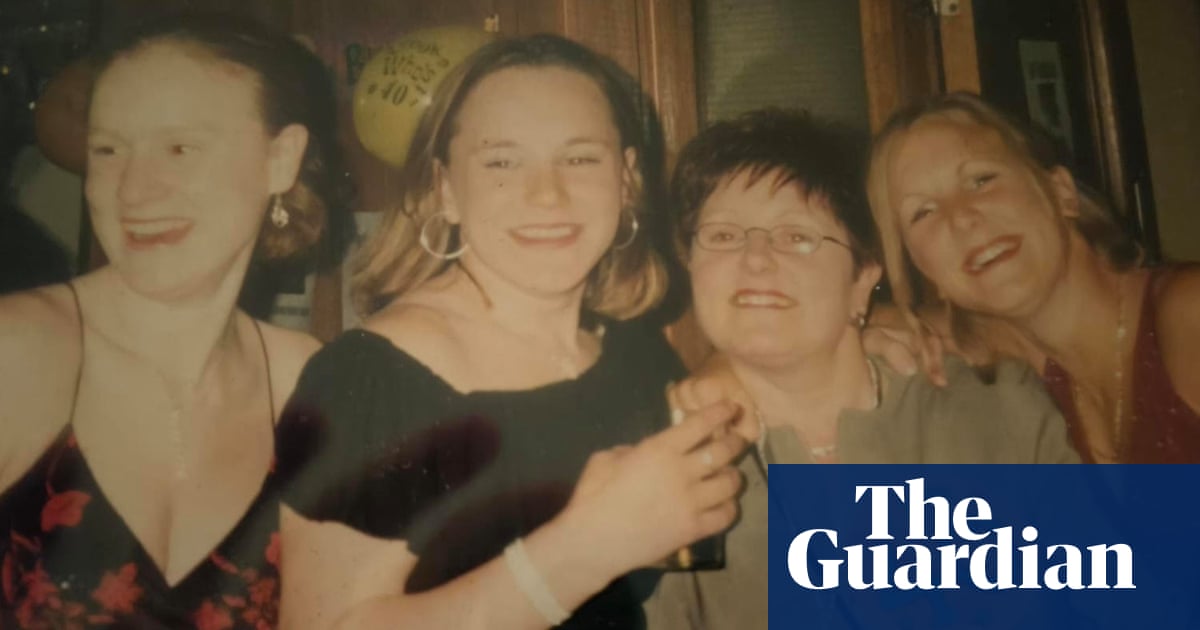
A man who murdered his wife 35 years ago is to be released from prison despite refusing to reveal the whereabouts of her body.
Russell Causley killed Carole Packman in 1985 and evaded justice for a decade after he faked his own death as part of an insurance scam.
This triggered the police to re-investigate Packman’s disappearance, and Causley was convicted of murder in 1996.
The Parole Board found that, while the 78-year-old’s refusal to reveal the whereabouts of her remains was “heartless”, it did not increase his risk to the public.
His grandson Neil Gillingham, from London, has criticised the decision. “It’s a slap in the face – we are absolutely disgusted as a family. What is quite shocking is my grandfather has changed his version of events but at no point has anyone held him to account for that, no one has said it’s unacceptable behaviour.
“If they cannot control my grandfather and his behaviour from within a prison cell, what hope have they to do it on the outside?”
He added: “I refute today’s decision and I will appeal it. I do not believe it is a logical decision, I do not think it’s rational. There is no justice, at the end of the day. The prisoners (disclosure of information about victims) bill isn’t worth the paper it’s written on.”
The decision comes as the bill, known as “Helen’s law”, designed to require the Parole Board to take into account any refusal to provide information about remains when deciding about release, makes its way through parliament.
The legislation, which is backed by MPs and peers, is named after Helen McCourt, whose murderer, Ian Simms, was released from prison earlier this year despite never revealing the whereabouts of her body.
Her mother, Marie McCourt, 77, attempted to overturn the Parole Board decision to release pub landlord Simms, but this was rejected by high court judges.
A summary of the Parole Board decision, published on Tuesday, said: “The panel took into account the fact that, whilst Mr Causley had given various imprecise accounts of how he had disposed of his victim’s body, he had never revealed the location of his victim’s remains. This had caused continuing anguish to his family. The panel concluded that this showed a lack of remorse and victim empathy and that he was a habitual liar.”
Causley’s conviction was quashed by the court of appeal in June 2003, but he was again convicted at a retrial at Exeter crown court in April 2004.
The Parole Board decision went on: “However, whilst heartless, the panel concluded that this lack of openness and honesty did not significantly affect the risk that he would cause serious harm in the community which was ultimately the test that must be applied.”
Causley, whose risk has been assessed as medium, will be expected to live at a specified address, wear an electronic tag and submit to a curfew, as well as comply with supervision by probation staff.












